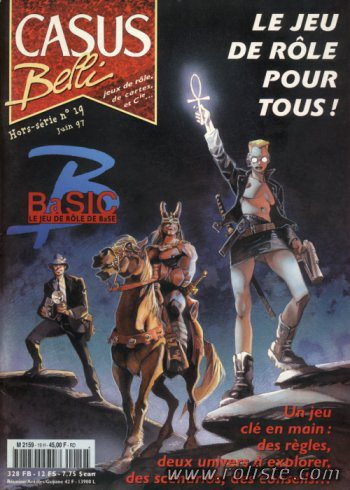- Joined
- May 15, 2017
- Messages
- 7,601
- Reaction score
- 19,595
About percentages, every game I’ve seen that doesn’t use percentage rolls and explains the probability of success and failure at different skill levels has used percentages for this explanatory purpose. BRP just cuts out the middleman.
on the other hand, I've had a great deal of difficulty with expectations of what levels of expertise are in Mythras. My group has a running joke about "Professional" being 50%. When I trotted out 5e probabilities, they see that in fact DC 15 is 50% roll for a fairly focused character, and DC 10 is actually an Easy DC, corresponding very well to a Mythras Unopposed roll at 50% (well trained, start of professional) and 25% (untrained, very near average stats). There is a perception that unless you have a 75%+ you are not any good.










